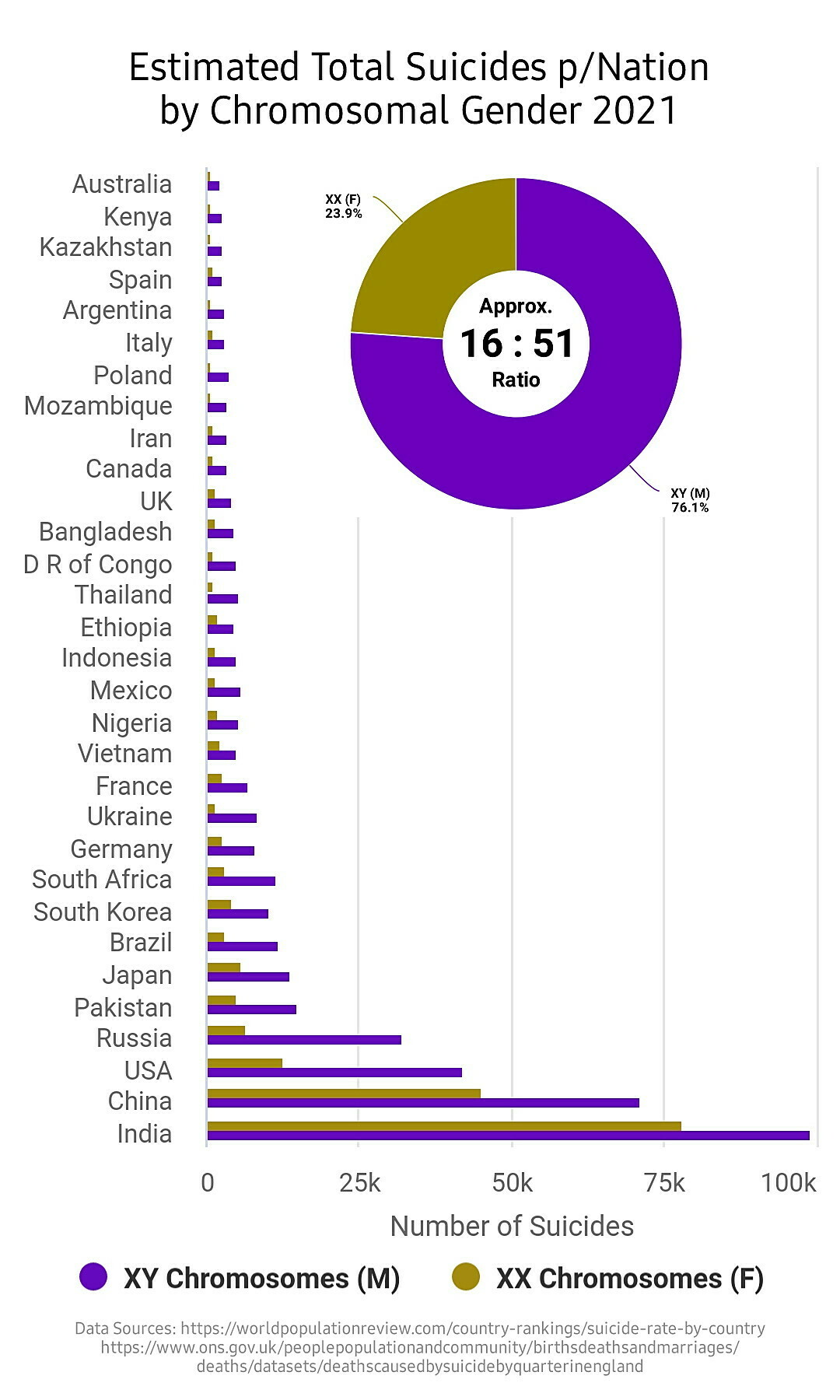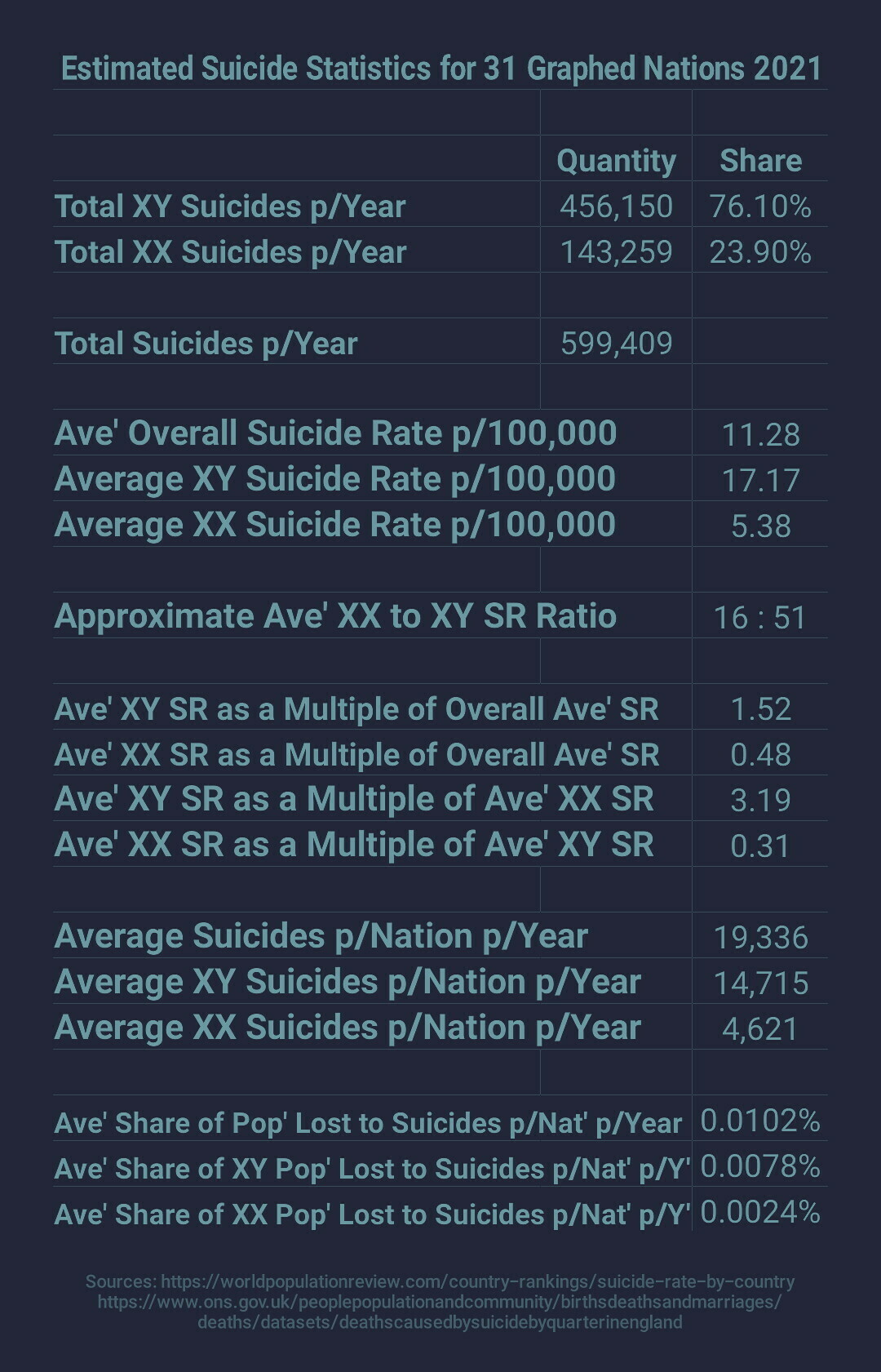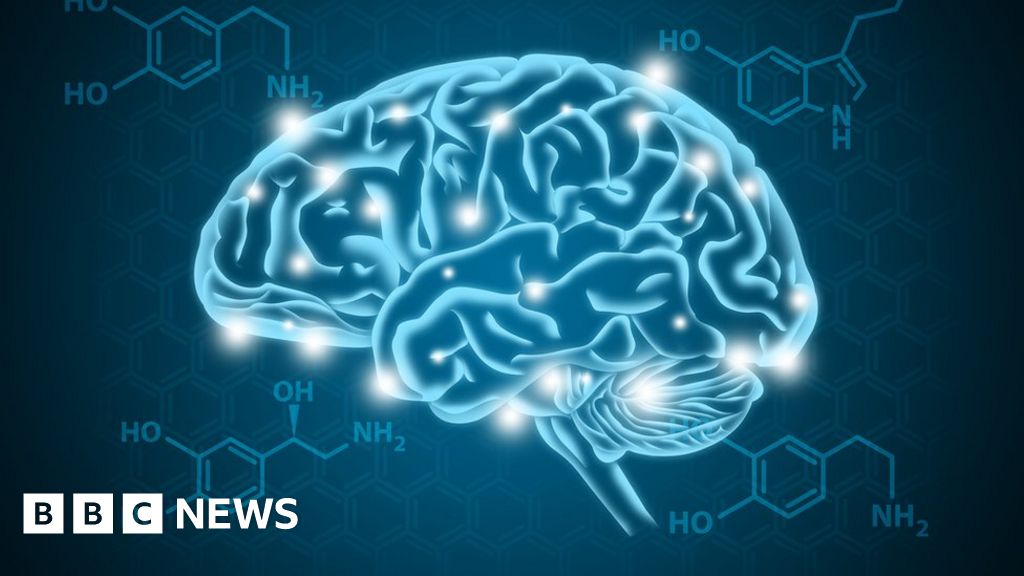#mentalillness
Do You Want To Die Today? Inside Canada’s Euthanasia Program | Fault Lines Documentary
In this documentary, Fault Lines examines how Canada became the most permissive place in the world for those seeking medical assistance in dying, or MAID, th...#AlJazeera #AlJazeeraEnglish #Canada #MAID #MAiD #Medicallyassisteddeath #alJazeera #aljazeeraEnglish #aljazeeralive #aljazeeravideo #aljazeera #aljazeeraEnglish #aljazeeradocumentary #aljazeeralatest #aljazeeralive #aljazeeralivenews #assisteddeath #assisteddeath #death #documentary #euthanasia #latestnews #medicalassistanceindying #mentalillness #newsheadlines #terminalillness
Do You Want To Die Today? Inside Canada’s Euthanasia Program | Fault Lines Documentary
More evidence that Republicans are dangerously mentally ill
Senator John Fetterman responds to conspiracy theories he has a clone or body-double with ridicule
Did we all believe a myth about depression? | BBC News
A study showing depression isn't caused by low levels of the "happy hormone" serotonin has become one of the most widely shared medical articles.
It has provoked a wave of misleading claims about antidepressant drugs, many of which increase the amount of serotonin in the brain.
This research doesn't show the drugs aren't effective.
But the response to it has also sparked some genuine questions about how people treat, and think about, mental illness.
#science #medicine #health #psychiatry #MentalIllness #depression #antidepressants #serotonin


If you're #feeling suicidal or experiencing #suicidal ideation or impulses to self-harm, please consider contacting one of the numbers listed for your country in the following link:
https://en.wikipedia.org/wiki/List_of_suicide_crisis_lines
#suicide #suicideprevention #suicides #samaritans #suicidedata #suicidestatistics #selfharm #health #mentalhealth #depression #India #China #USA #Russia #Pakistan #Japan #mentalillness #seekhelp #mentalhealthawareness #gender #genderdisparity #gendergap #male #female #feminism #patriarchy #charts #graphs #statistics #data
ALL ABOUT THE LOW-GRADE DEPRESSION (DYSTHYMIA)
https://www.melodyjacob.com/2021/09/all-about-low-grade-depression.html
#depression #anxiety #mentalhealth #mentalhealthawareness #love #sad #mentalillness #selfcare #ptsd #mentalhealthmatters #selflove #life #therapy #recovery #quotes #depressed #healing #motivation #stress #suicide #health #bipolar #help #mindfulness #covid #pain #sadness #wellness #trauma #bhfyp
The Streets are Paved with Gold in the City of Brotherly Love
Streets of Philadelphia, Kensington Avenue, What happened today, Aug, 2021.
https://youtube.com/watch?v=Bi1Kf-1qd6
#poverty #addiction #MentalIllness #inequalilty #homelessness #injustice #philadelphia #pennsylvania
Going Nowhere, Slow: The Aesthetics and Politics of Depression by Mikkel Krause Frantzen
In Going Nowhere Slow, Mikkel Frantzen looks at depression not only in its personal aspect, but through the intertwining of the inside and outside. While most of the literature tends to focus on the psychological aspect, this work brings the phenomenological, and existential tradition to bear on the problem of depression. The author’s claim is that we can’t understand depression in isolation from a broader political, economic and cultural horizon. Depression is understood here as a cronopathology, a sickness of and about time. Drawing from Mark Fisher’s idea of Lost Futures, the author theorises that the increase in depression can be understood in terms of that loss. It became harder and harder for most people to imagine any hopeful version of the future.
The only antidote we have is “care”. This is not the empty meaningless ‘how are you?’ Or the vague and dumb insistence on positivity. This care is born out of understanding of the other and of the shared human predicament.
#philosophy #bookreview #mentalillness #depression #literature #books




